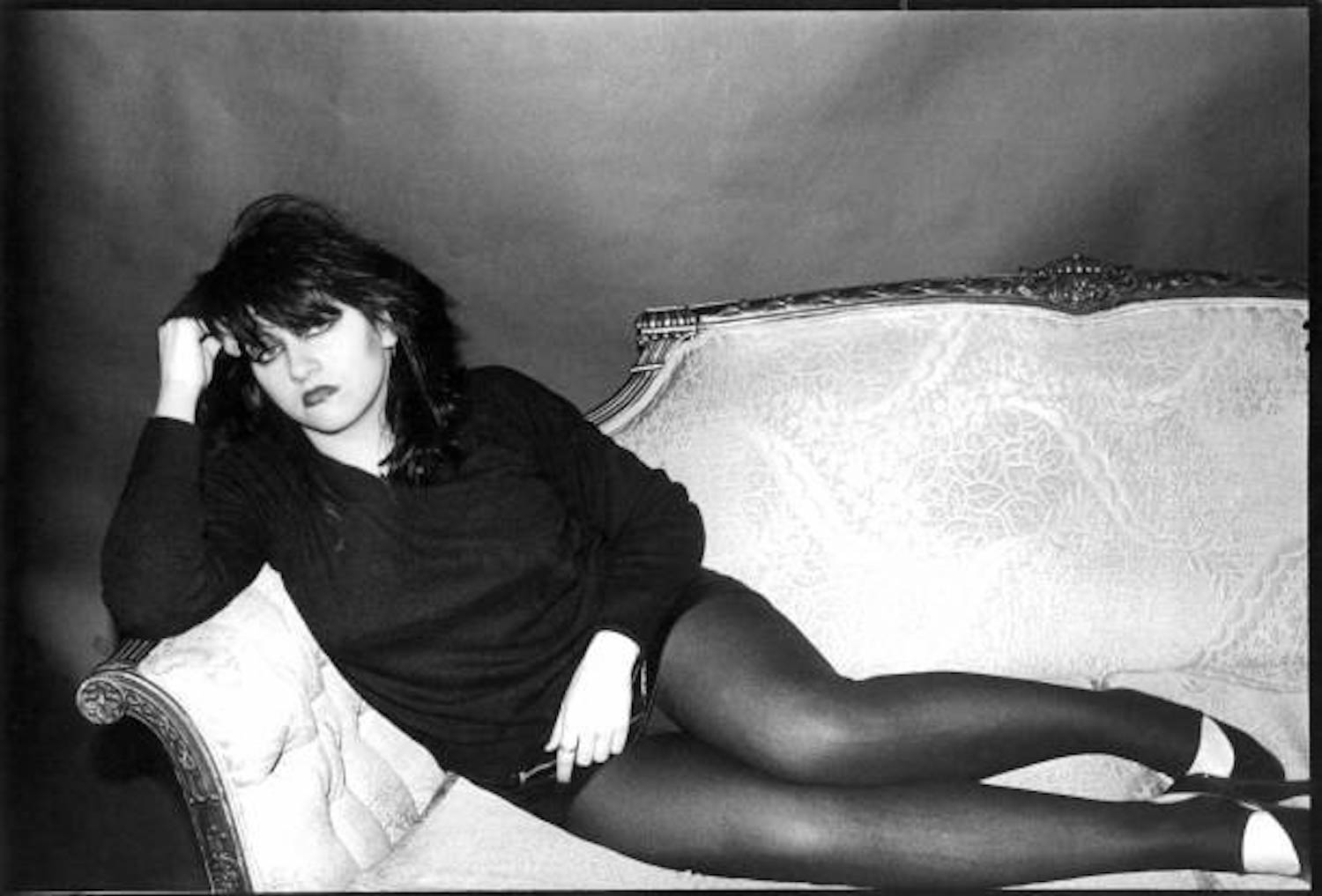Lydia Lunch has something to say about the turbulent, near-apocalyptic times we’re living in. In her new book of essays, aptly titled So Real It Hurts and out via Seven Stories Press, she aims her pointed vitriol directly at The President, the police, her own insomnia, and the societal powers-that-be that would turn us into mindless zombies incapable of revolt. The no wave legend, who made a name for herself in the grungy Lower East Side punk scene of the 70s as an iconoclast among the iconoclasts, has a reputation for being fearless and for not giving a fuck, here channeling it into a feminist-anarchist manifesto that documents and critiques the modern age with a caustic, deliciously poisonous humor.
In a stellar introduction and what would be his last piece of writing, Anthony Bourdain says Lunch “has never turned away from all the ugliness and pain in the room.” The essays have a wide range, encompassing everything from interviews with Hubert Selby Jr., author of Requiem for a Dream, to reflections on her solo travels and Greco-Roman bacchanalias, and a transcription of her protest piece “I Have a Nightmare.” In every essay, Lunch’s unique voice and militant perspective shine through—we live in a dire age, and she turns her lens on America and the world with a pen as raucous and painfully aware as its holder. “If my words are so violent that they’re burning your eyes on the page, so fucking be it,” Lunch tells i-D over the phone from Nashville. “It’s 95 degrees and I’m sweating bullets I wish I could aim in the right direction.”
Lunch spoke to i-D about her new book, Anthony Bourdain, life as a wandering no wave firebrand, and how we can find pleasure while revolting against the insufferable political chaos of 2019.
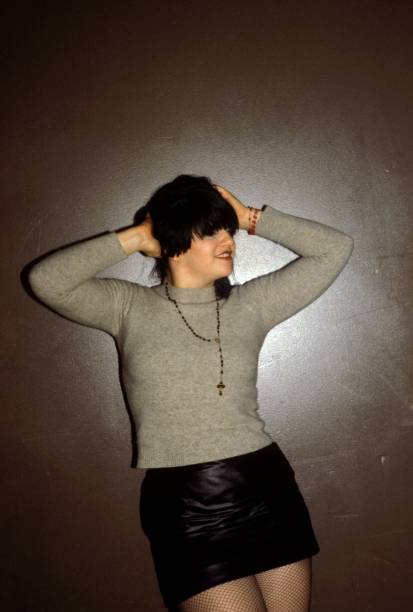
How did the idea for the book come about?
The book came about because it was necessary to release an anthology of essays pertinent to these times—bookended, of course, with the situation we’re in concerning the idiot on Pennsylvania Avenue.
I’m glad you jumped to that point… can you tell me about that specific piece, “I Have a Nightmare?”
Umar Bin Hassan of The Last Poets performed it with me last year. I began with “Martin Luther King Jr. was assassinated by the US government.” He famously said “I have a dream” — well, I say I have a fucking nightmare, and it’s Donald Trump! I go on to list statistically any number of crimes he committed up until the point I wrote the article. Of course, there’s been many more since. The book should have a continuing update on Facebook, like The Washington Post chronicling how many lies he’s told. Over 10,000 by now!
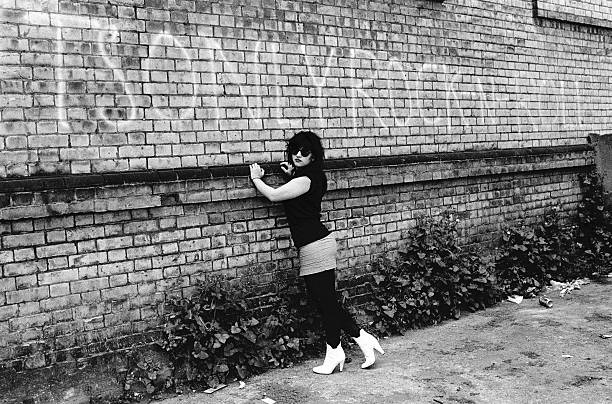
10,796, as of June 7th.
Everyday, it’s more exaggerative. My book was rejected by 26 American publishers who said I’m too caustic—give me a break! The publisher that picked it up, Seven Stories, also published Angela Davis. I asked them why they wanted it and they said they laughed almost every chapter. I knew they got it, so I let them publish it.
I was wondering if you can talk more about the ideas in this book that some might find more controversial, considering societal standards. The essay about motherhood, in particular, strikes me.
Society is so fucking ridiculous and traditional and dated in this country. It’s ridiculous to me that we’re still having children, that there’s still racism, that poverty exists, and incarceration accelerates, and there’s an idiot in the White House promulgating it. But it’s not just anger: I think there’s a lot of humor in the book as well. If it seems I’m angry, I’m only using my words. I’m not bombing places, I’m not murdering people, I’m not enslaving people or putting them in cages at the fucking border. I just talk about it. That’s the issue and antagonism against me. How can you exaggerate these issues with just fucking words? There are no words strong enough to describe how pissed off I am. I control myself and can still laugh and be jovial. I’m basically a fucking hedonist, which is the only rebellion. It’s honestly fucking miraculous I haven’t picked up the bomb, the bullet, or the bayonet like so many men who voice their anger not with words or theories or concepts or solutions, but in really violent ways.
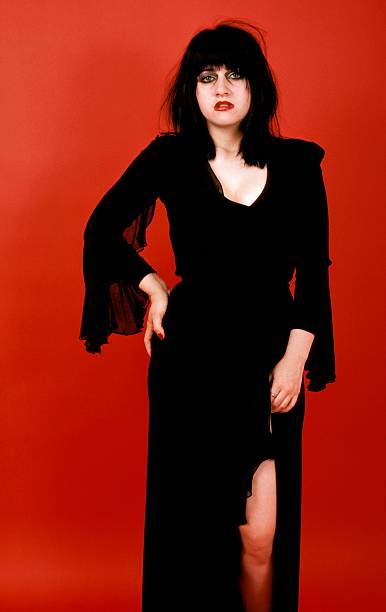
A lot of white men, in particular.
I’m not speaking about the individual white man, but specifically about white men in positions of power that are spiritually and morally bankrupt, pillaging and raping just by everything that comes out of their mouths. This country is full of it, and if it’s not worse now than it ever was, we just now have access to how bad it is because we have someone promoting it. What this asshole in the White House is promoting has nothing to do with what the American ideal is supposed to be. This is a country based on lies and hypocrisy—this country wasn’t founded on liberty and freedom for all! It was founded by religious fanatics that wanted to be free to be that fanatical, who murdered and isolated Indigenous peoples. The Founding Fathers? Slave owners. A president who has two immigrant wives denying so many people from other countries seeking freedom…
I keep going back to “The Spirit of Philosophical Vitriol,” where you turn the tables on these abusive, privileged sexist men in Istanbul. That piece is also steeped in your own lonerism. Is it possible to find peace in chaos by disappearing into the world alone like that?
I don’t write fiction, but that is a thinly-fictionalized story about what should have happened. I hear two white idiots bragging about their sexual conquests, and I decide to turn the tables on them and then document the exploitation. It’s what could be and should be done. Payback is a bitch.
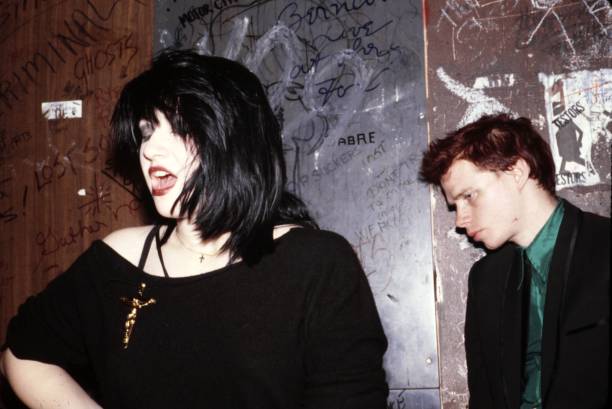
Were you wandering, though? Is that part real?
Of course. I’m a nomad, honey!
Now, on punks… how did your interview with Hubert Selby Jr. and your poetic profile of Herbert Huncke come about? As an important figure in no wave, you were viewed as the punk among punks, so I was wondering about calling out all the commercializing you saw among your fellow iconoclasts, from the Beats to Malcolm McLaren and the Sex Pistols.
Herbert Huncke was the original Beat. Burroughs, Ginsberg, they all stole everything from him. He was the underdog. I wasn’t a fan of the Beats, but I was a fan of Hubert Selby Jr., Henry Miller, and other writers that wrote about their life, about trauma and sex, and American idiocy. Even post-mortem, a lot of people don’t know who Selby is — all they know is Requiem for a Dream. This man was documenting reality. He was impoverished and joined the Merchant Marines, got tuberculosis, lost a lung, was in the hospital for years and then took seven years to write his first book, the classic Last Exit to Brooklyn. These people need to be talked about. They spoke the truth, especially Huncke—more punk than punk, for sure.
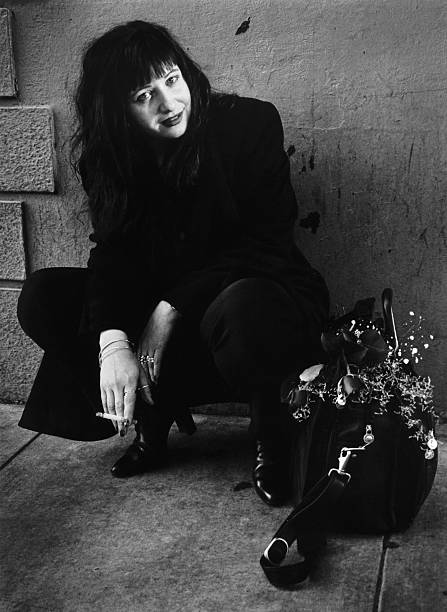
Speaking of punks, let’s circle back to Anthony Bourdain. How did he get involved with the project?
He wanted me to be on his Lower East Side special, the last thing he filmed. Two days later, I asked him to write the intro. He read something I wrote, and I read what he wrote. I was trying to think of a female political writer that could elevate the book, but I didn’t think any of them would understand where I was coming from. Anthony did. He liked Robert Quine (the guitarist in Richard Hell and The Voidoids) and Lou Reed. We had a shared musical taste. He wrote the intro. I did his last episode, and that was it. I only met him three times.
I feel like you both shared a counter-cultural perspective, and that lust for travel and discovery.
He was punk, I was no wave, but it all came together in the end. It didn’t help me get my book published, but he did a damn good job.
Lydia Lunch’s new book, So Real It Hurts, is out now via Seven Stories Press. Buy it HERE.
